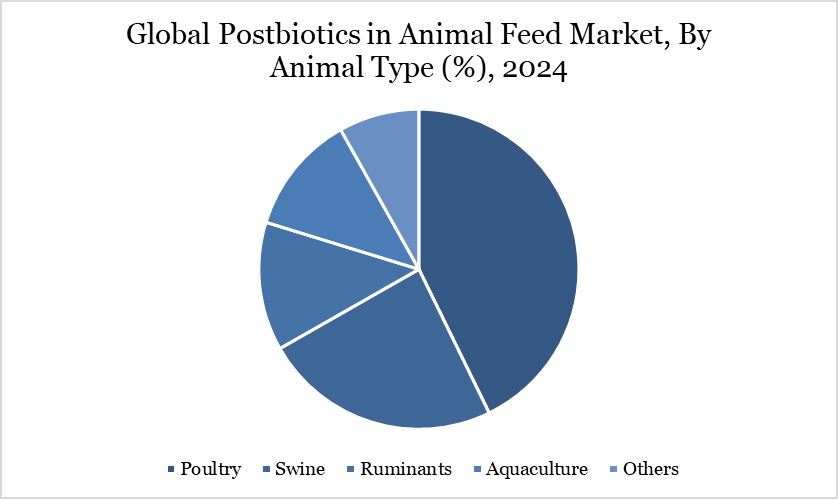Patrocinados
Risk Management Software: How to Protect Your Sportsbook from Fraud and Irregularities

Running a sportsbook is as much about keeping the excitement alive as it is about keeping the business safe. And with the rise of online sports betting, the risks have evolved. Today, fraud, irregular betting patterns, bonus abuse, and identity manipulation are just some of the ways your platform can take a serious hit if you’re not paying close attention.
Enter risk management software, the invisible bodyguard of the sportsbook industry. Whether you're a newcomer launching your platform or a seasoned operator, investing in strong risk controls is no longer optional. It’s the difference between protecting your profits and leaving your doors wide open to exploitation.
If you're looking to work with the best sportsbook software provider, risk management tools should be at the top of your checklist. But what exactly does risk management software do? And how can it truly protect your sportsbook from being compromised?
Let’s dive into the key elements and how they safeguard your business from financial threats.
What is Risk Management in Sports Betting?
Risk management in sports betting refers to the strategies, tools, and systems put in place to minimize financial loss and exposure. In the context of an online sportsbook, it focuses on identifying suspicious activity, managing odds liabilities, preventing bonus abuse, and detecting fraud in real-time.
At its core, risk management software is designed to:
-
Monitor betting patterns for irregularities
-
Track user behavior and flag inconsistencies
-
Enforce limits based on user profile, region, and betting history
-
Mitigate exposure from heavy or one-sided betting
-
Detect possible use of bots or scripted accounts
With the growing popularity of betting platforms across the globe, these threats are more widespread than ever. It only takes a few unchecked incidents to lose player trust and money.
Why Do Sportsbooks Need Protection?
Fraud in sports betting isn’t always elaborate. Sometimes it’s as simple as someone opening multiple accounts to take advantage of a welcome bonus. Other times, it's coordinated betting from syndicates that aim to manipulate markets.
Here are some of the most common threats:
1. Arbitrage and Sure Betting
These are bets placed across multiple bookmakers to guarantee a profit regardless of the outcome. When done at scale, it eats into your margins and distorts your odds market.
2. Bonus Abuse
This occurs when users exploit promotions like free bets or cashback offers by registering multiple accounts or using deceptive methods to extract value without genuine play.
3. Identity Fraud
Stolen identities and false documents are often used to bypass KYC (Know Your Customer) processes. If left unchecked, this opens the door to chargebacks and regulatory fines.
4. Syndicate Betting
This is organized betting done by groups with the intent to exploit weak odds or delayed line movements. A single well-coordinated bet can cost a sportsbook thousands.
Without a good risk engine in place, these threats go undetected until it's too late.
How Risk Management Software Helps
A sportsbook’s reputation depends on how it manages both player trust and its own liability. Here’s how risk software adds a layer of defense.
Real-Time Monitoring
Risk management systems operate 24/7, monitoring each bet placed. They analyze patterns and instantly flag any behavior that’s outside of normal activity for instance, if someone places high-value bets at odd hours, or keeps targeting obscure markets with large stakes.
Dynamic Risk Scoring
Each user is assigned a risk score based on their history, location, device fingerprint, and betting behavior. This score helps the system make informed decisions about what actions to take such as requesting additional verification or limiting bet sizes.
Geo & IP Tracking
The software monitors the location of every user. It can detect proxy usage, VPNs, or location inconsistencies, which are often signs of fraud or syndicate play.
Bet Limits & Exposure Management
Risk tools automatically adjust limits on odds or markets that are attracting unusual volume. This prevents a large amount of money being placed on a single outcome, which could be influenced by insider knowledge or fixed matches.
Integrating Risk Management with Your Platform
Modern sportsbooks are built to be flexible, allowing integration with third-party tools or offering risk systems as part of the core package. If you’re starting with white label sports betting software, make sure the provider includes risk controls that go beyond just bet limits.
Some white label platforms offer only basic fraud prevention but that’s rarely enough in today’s market. You want tools that can analyze betting intent, not just the outcome.
When speaking to sportsbook software providers, ask about their AI-based detection models, how often they update fraud rules, and whether the risk team is in-house or outsourced.
Key Features to Look For
Here are a few must-haves when evaluating risk management software:
-
Customizable Alerts – You should be able to configure thresholds that trigger warnings for specific activities, like a sudden spike in bet volume.
-
Automated Actions – The system should be able to auto-limit or temporarily suspend accounts showing risky behavior.
-
Risk Reports – Daily, weekly, or real-time dashboards that show exposure, suspect accounts, and market vulnerabilities.
-
Integration with AML/KYC – The software should connect with compliance tools to verify identities and check users against watchlists.
-
Betting Trends Analysis – Visual breakdown of markets being targeted by risky players or syndicates.
When used well, these tools don’t just prevent fraud they actively improve the health of your entire platform.
White Label Operators: Don't Assume You're Safe
If you're entering the market through white label sportsbook app development, it’s tempting to assume the provider has taken care of everything. But not all providers prioritize risk tools, especially those focused on rapid deployment and low setup costs.
Always clarify what level of fraud protection is included and whether you can customize it. Some white label sportsbook providers only offer cookie-cutter solutions without the ability to plug in third-party risk platforms.
The smarter route? Choose a partner that treats risk management as a key feature, not an afterthought.
Staying Compliant with Regulations
Fraud detection is only half the battle. Risk software also helps you stay compliant with betting regulations in your jurisdiction.
Whether it's Know Your Customer (KYC), Anti-Money Laundering (AML), or Responsible Gambling protocols, regulators are demanding more from operators. Failure to detect problem gambling behavior or fraudulent accounts can lead to stiff penalties and even license suspension.
The best sports betting software provider is one that understands this landscape and ensures your tools meet all local and international compliance standards.
Final Thoughts
Risk management isn’t the most glamorous part of running a sportsbook — but it’s easily one of the most important.
A strong risk engine protects you from fraud, helps manage financial exposure, keeps regulators off your back, and ensures that real players have a fair and fun experience.
Don’t settle for software that just looks good on the surface. Dig into the security features, ask the right questions, and make sure your business is protected.
In the long run, what you don’t see can hurt you the most. Make sure your risk management software is always watching.







